New Ways To Use Classic Garden Plants – For A Modern Landscape With A Touch Of Nostalgia
The 'Nostalgia Gardening' trend uses classic garden plants in new ways to add interest to your landscape and harken back to gardens of the past. Old is new again!
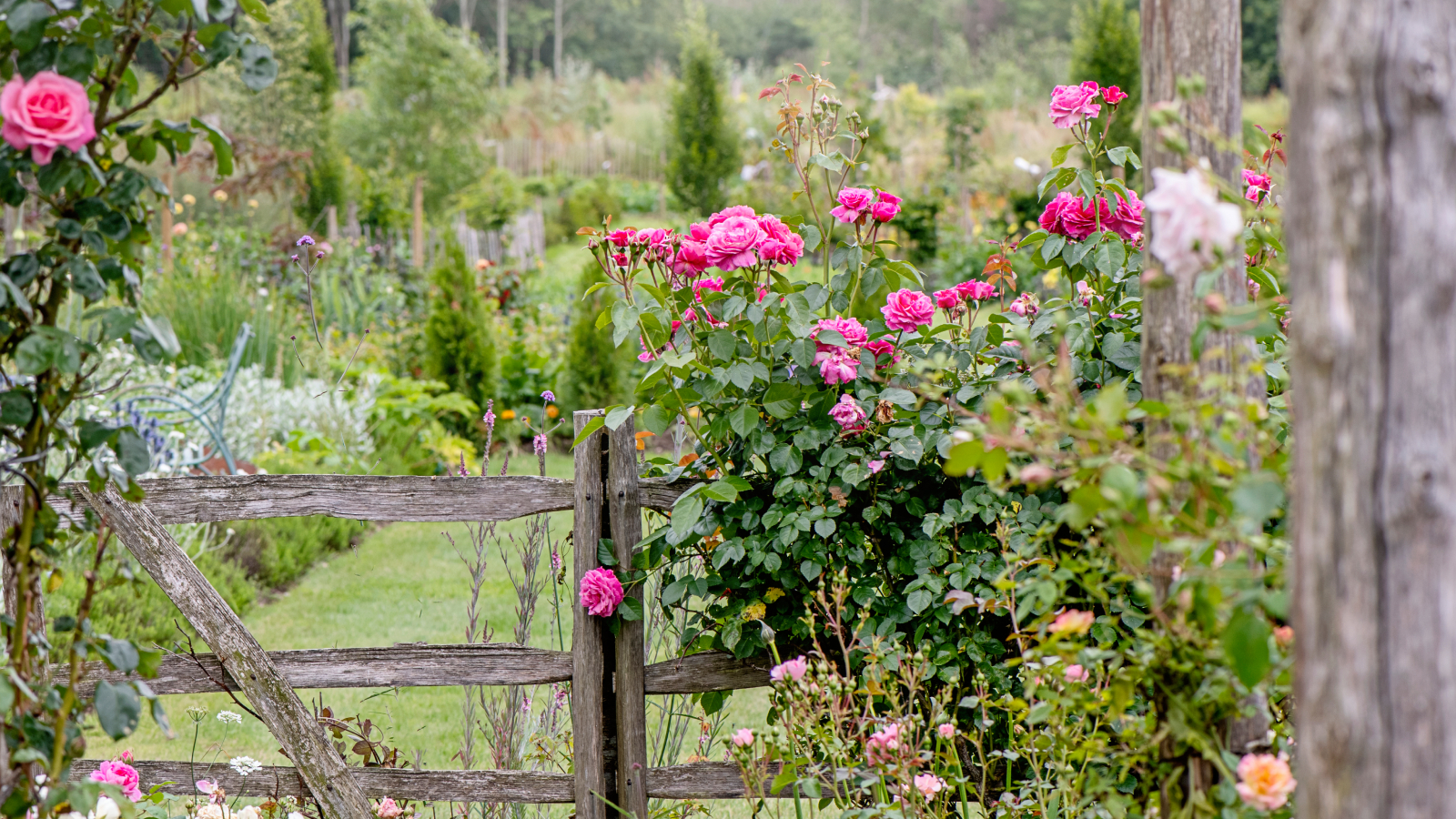

It’s possible to combine both nostalgia and modern touches to your garden by using classic plants in new and interesting ways. Choose your favorite classics, from tomatoes to roses, and use modern trends or innovative designs to breathe new life into these traditional plants and varieties.
Create a timeless connection to the past by incorporating old-fashioned flowers and plants you remember from your grandmother or mother's garden, but freshen them up with your arrangement. Much like the cottagecore flower garden, nostalgia gardening also relies on your senses. What flowers did you used to smell in gardens of your childhood? This is the perfect way to bring your memories into the present.
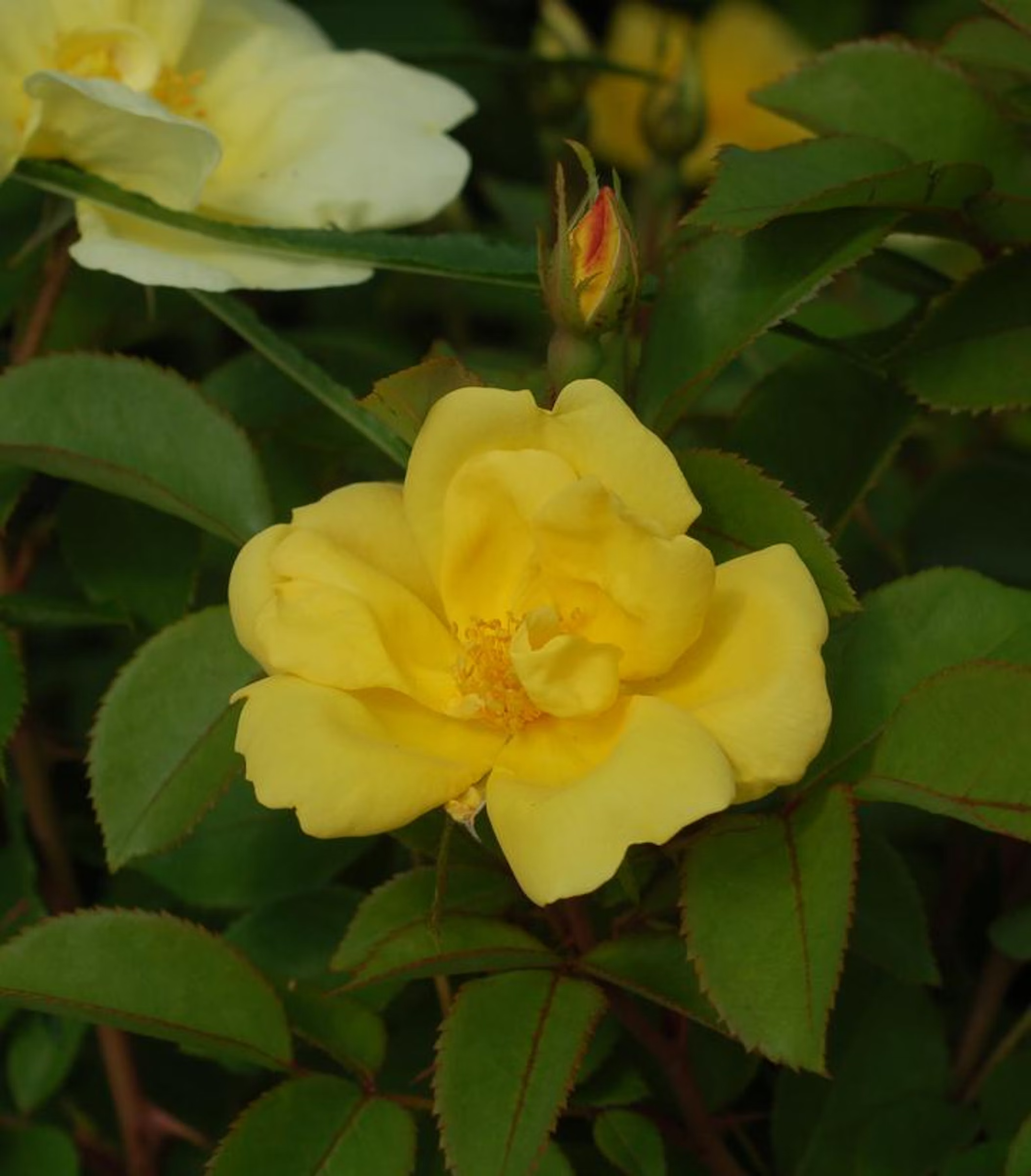
This bright beauty is the first non-pink or red Knock Out Rose. Vigorous and disease resistant, 'Sunny' is a new take on an old classic.
What Are Classic Garden Plants?
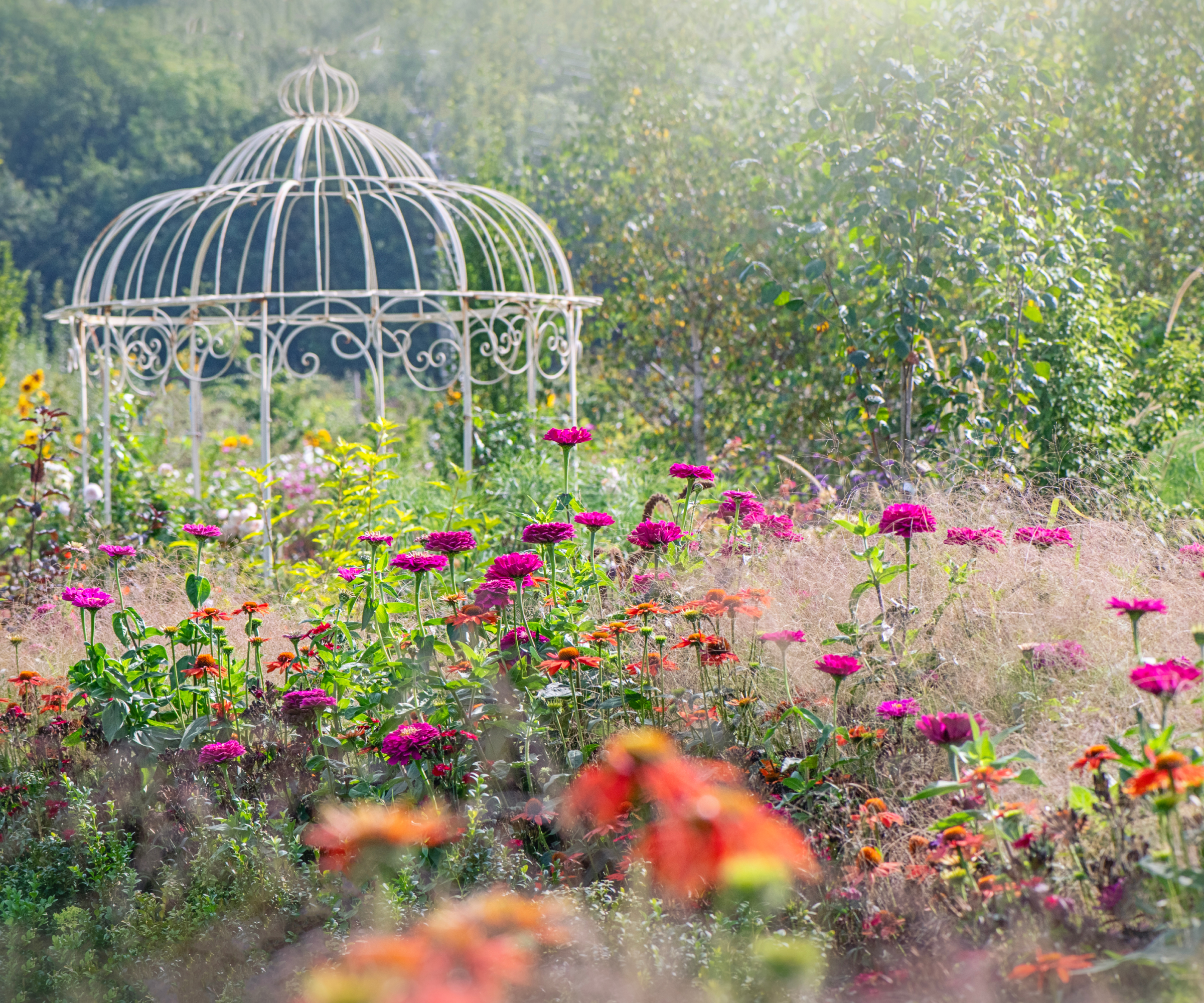
Classic or traditional garden plants are species and varieties that have been around and in use for decades or even longer. They are consistently popular over time for various reasons:
- The classics are easy to grow.
- They’re hardy or tough.
- They have pretty or abundant flowers.
- Favorite garden plants are big producers, whether that means flowers, fruits, or veggies.
- Classics are also personal and include any plants you remember from your childhood, like those your grandparents grew.
New Ways To Use Classic Plants
Garden trends come and go, but these plants never go out of style. If you want nostalgia in the garden without creating a space that feels dated or old-fashioned, get creative. Use your favorite classic plants in new ways. Here are some ideas to get you started:
Update Classic Roses
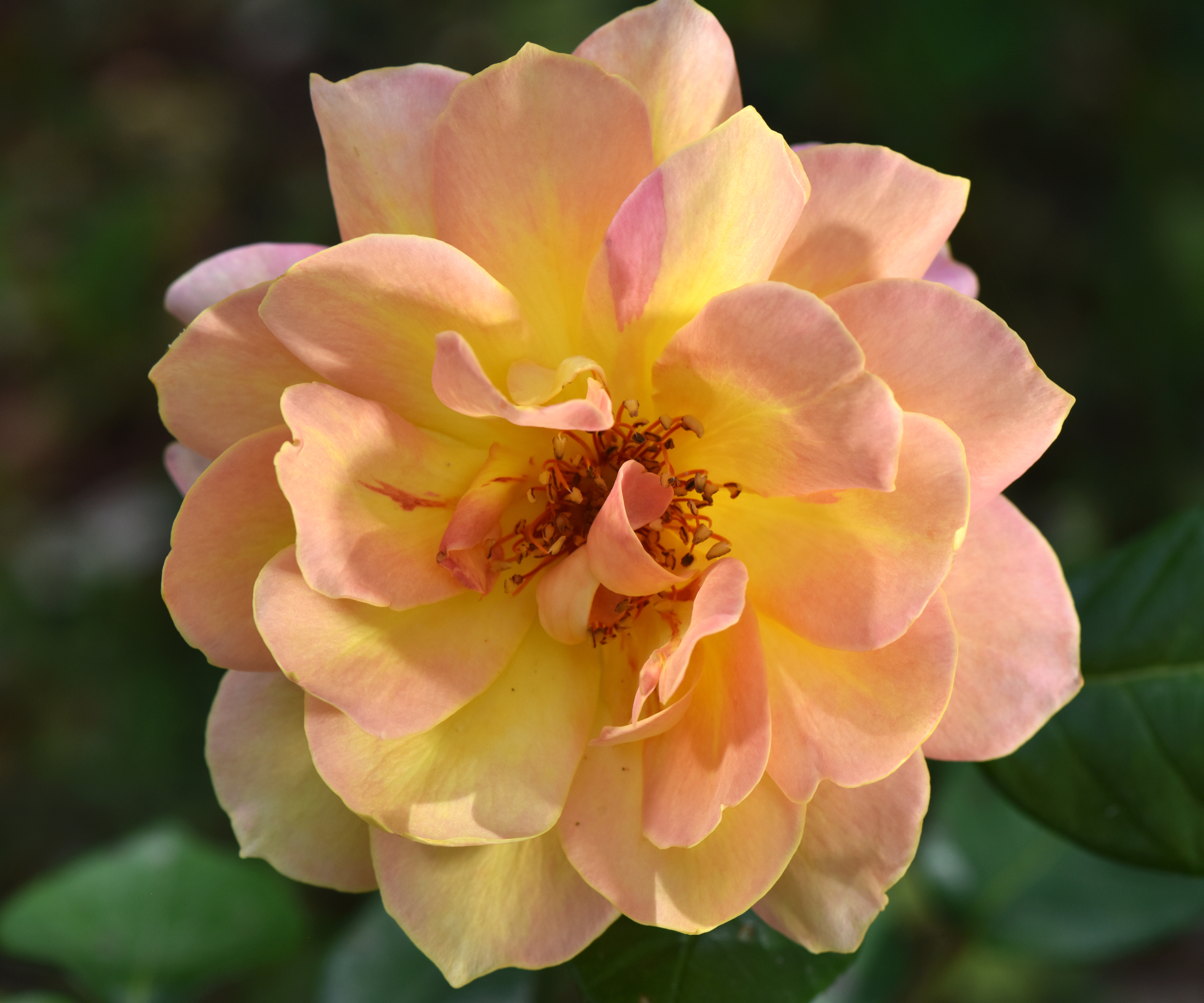
It’s hard to go wrong with roses in any garden, but they are particularly suited to cottage and nostalgic gardens. Roses are prized for their show-stopping blooms and sweet aromas. There are many different cultivars with a range of flower types and colors. Roses come in climbing and bush types, and romantic old garden roses create a dreamy display.
Use roses in new ways by finding unique colors. Instead of allowing them to climb or sprawl, use rose bushes in tight, more formal beds. You can also update your rose garden by choosing improved varieties that are more resistant to disease and easier to grow. You can also play around with scents. ‘Raspberry Cupcake’ is a new variety that smells like raspberries.
Modernize Lilacs
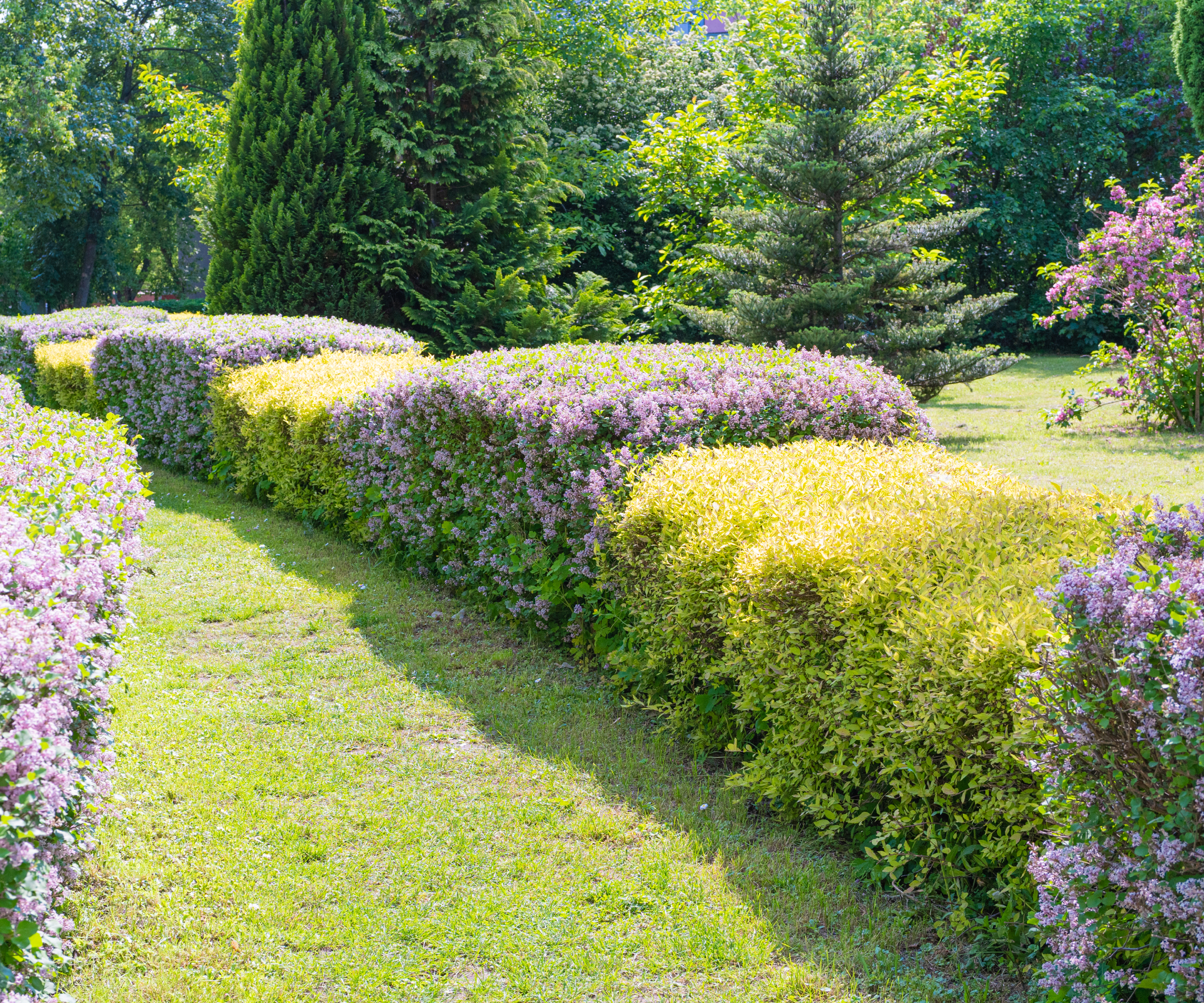
Growing lilac shrubs is another old-fashioned choice. Lilacs are prized for their cheerful clusters of small flowers and intoxicating aroma. In many regions, their flowers signal the beginning of warmer weather, with blooms opening in May.
Gardening tips, videos, info and more delivered right to your inbox!
Sign up for the Gardening Know How newsletter today and receive a free copy of our e-book "How to Grow Delicious Tomatoes".
Lilacs are often grown as large rambling shrubs well-suited to farms and cottage gardens. To make them more modern, trim lilac shrubs to give them more defined shapes. They can even be used as tight hedges. You can even find new varieties, like ‘Pearl Potion,’ that are small enough to grow in containers. And 'Boomerang' lilac is a larger shrub with deep purple blooms and can be found in the Gardening Know How Shop.
Grow Classics Vertically
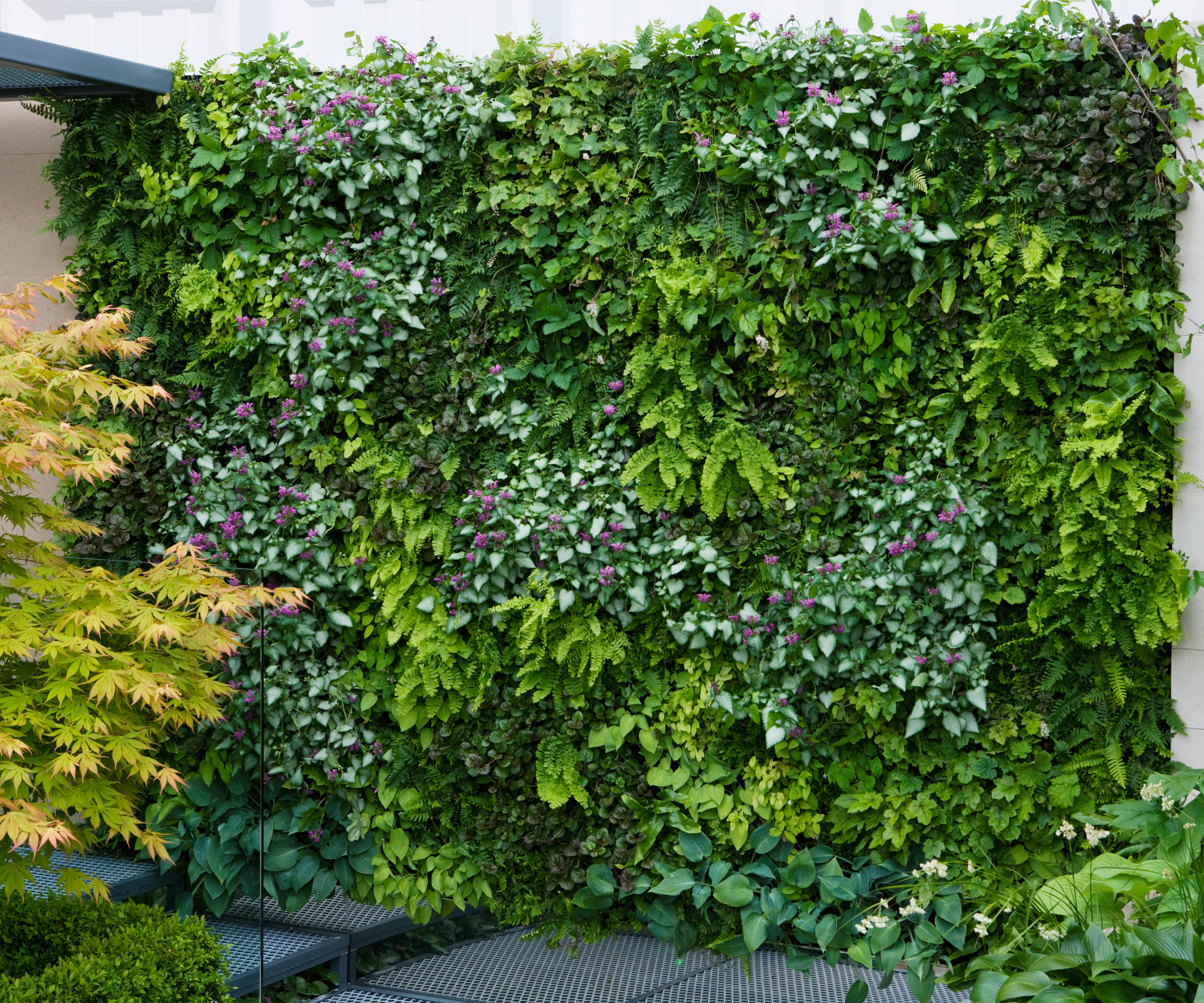
A fun trend in gardening is to grow plants on vertical surfaces. These ‘living walls’ allow you to be creative, softening hard surfaces and painting patterns in shades of green on your exterior walls or fences. Growing a vertical garden is great for gardening beginners too.
What types of plants can you grow vertically? Smaller is better, but you can try a few different types of garden classics. Ferns belong in both modern and nostalgic gardens. Use small types to create a living wall. There is nothing more classic than growing vegetables, but why not grow them up instead of out? Growing a vertical vegetable garden is a great way to save space and look good doing it.
Play Around With Edible Plants
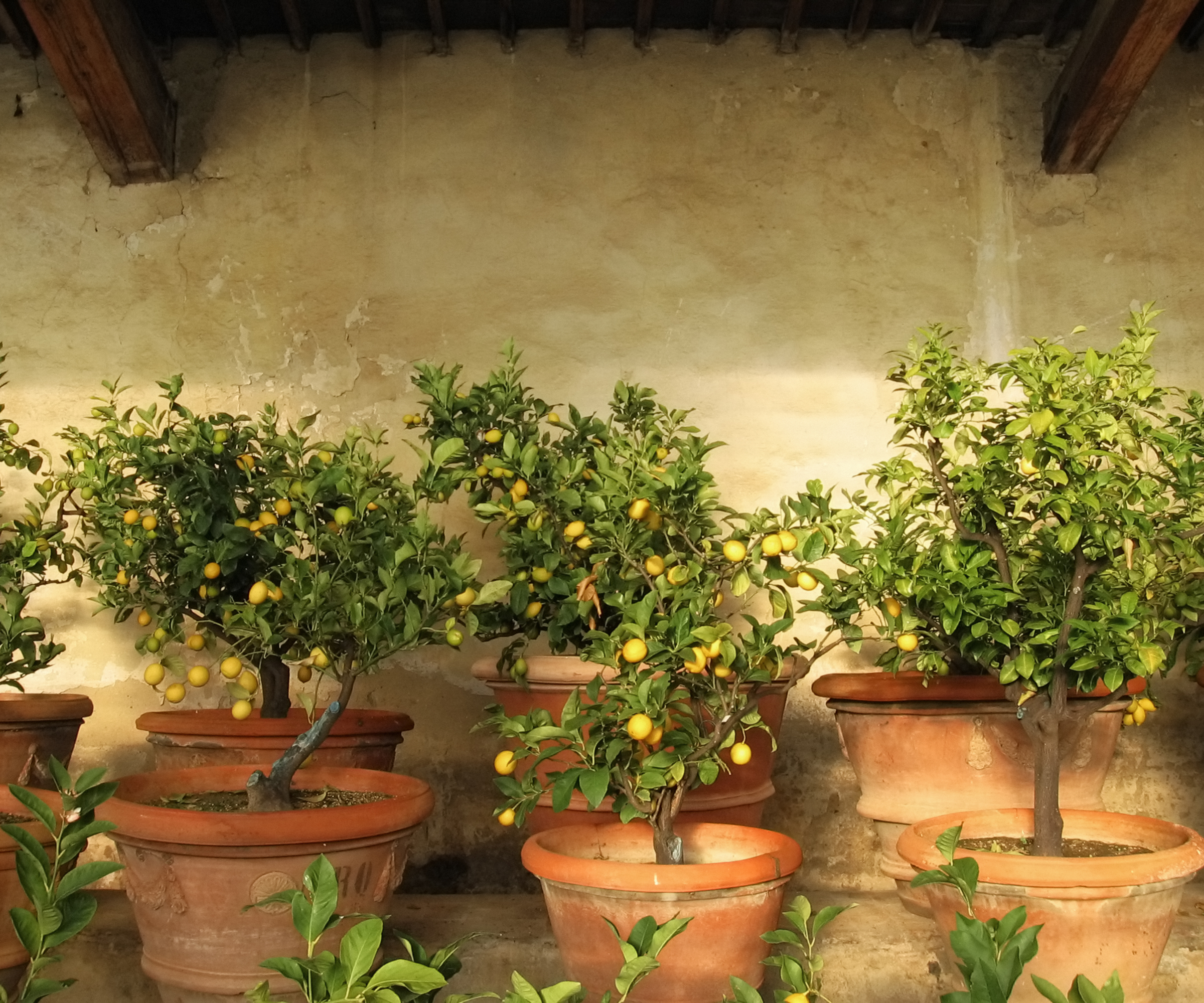
It’s very traditional to grow plants you can eat, including fruits, vegetables, and herbs, but you don’t have to grow them in the usual way. For example, consider growing dwarf fruit trees to create a backyard container orchard or grow berry bushes in containers. Use them to decorate patios in new, unexpected ways.
Instead of a potted herb garden, use woody herbs like lavender and rosemary as borders on beds. Thyme makes a lovely and edible ground cover. Grow vegetables in unique ways like gardening upside down. For instance, you can grow tomatoes upside down from hanging containers instead of in traditional tomato cages on the ground.
Take Traditional Houseplants Outdoors
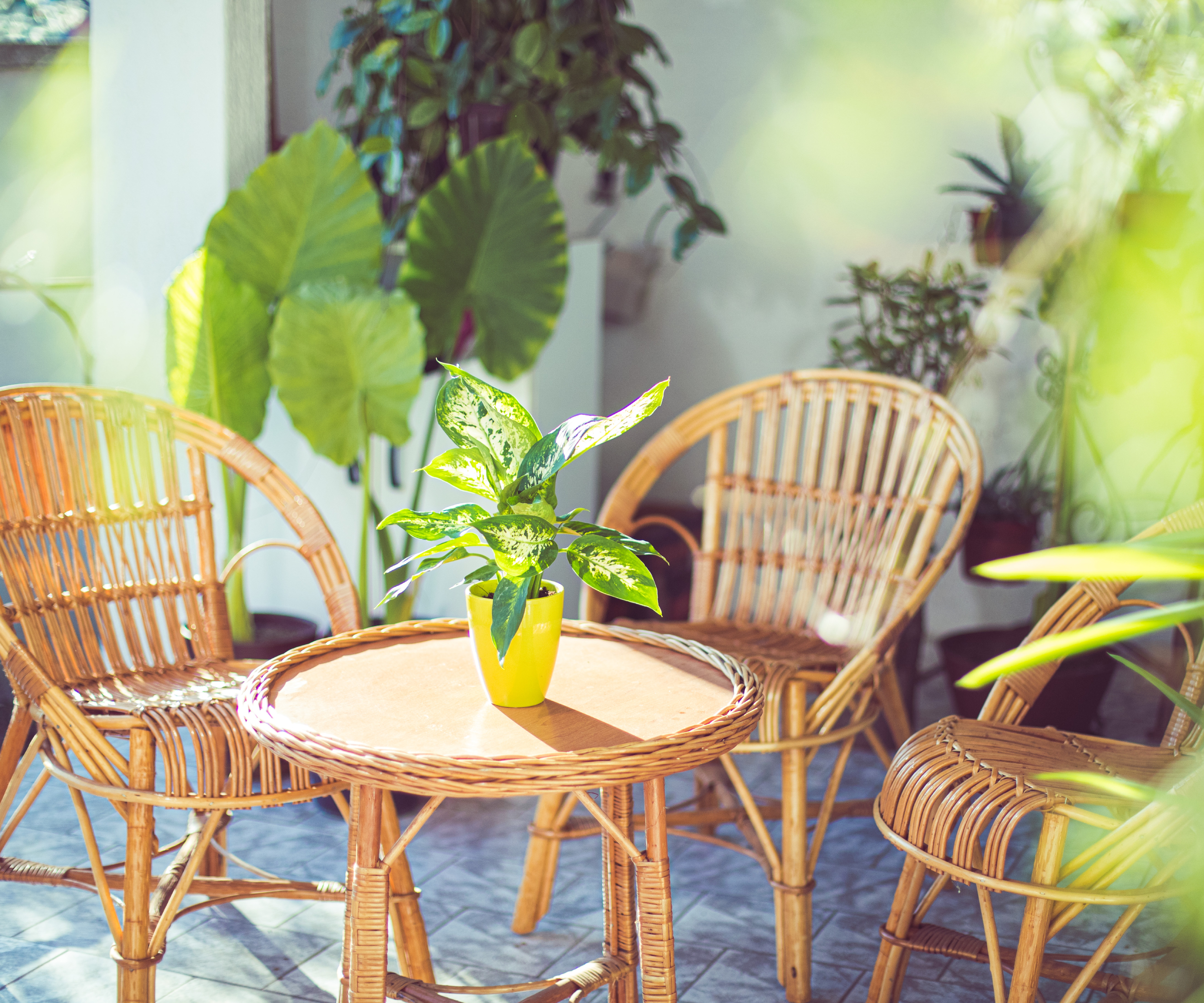
Many tropical plants have long been popular and have been used for years as houseplants. Some examples include Ficus, snake plant, parlor palms, monstera, peace lily, orchids, bromeliads, and elephant ears. It is important to acclimate houseplants outdoors before just throwing them out on the porch, so take your time.
Using these classic houseplants outside in summer can help you create a tropical garden that turns the traditional northern or Midwest garden on its head. Grow them in pots and bring them back in for winter or treat them as annuals in your garden beds.
Turn Wildflowers Into Turf
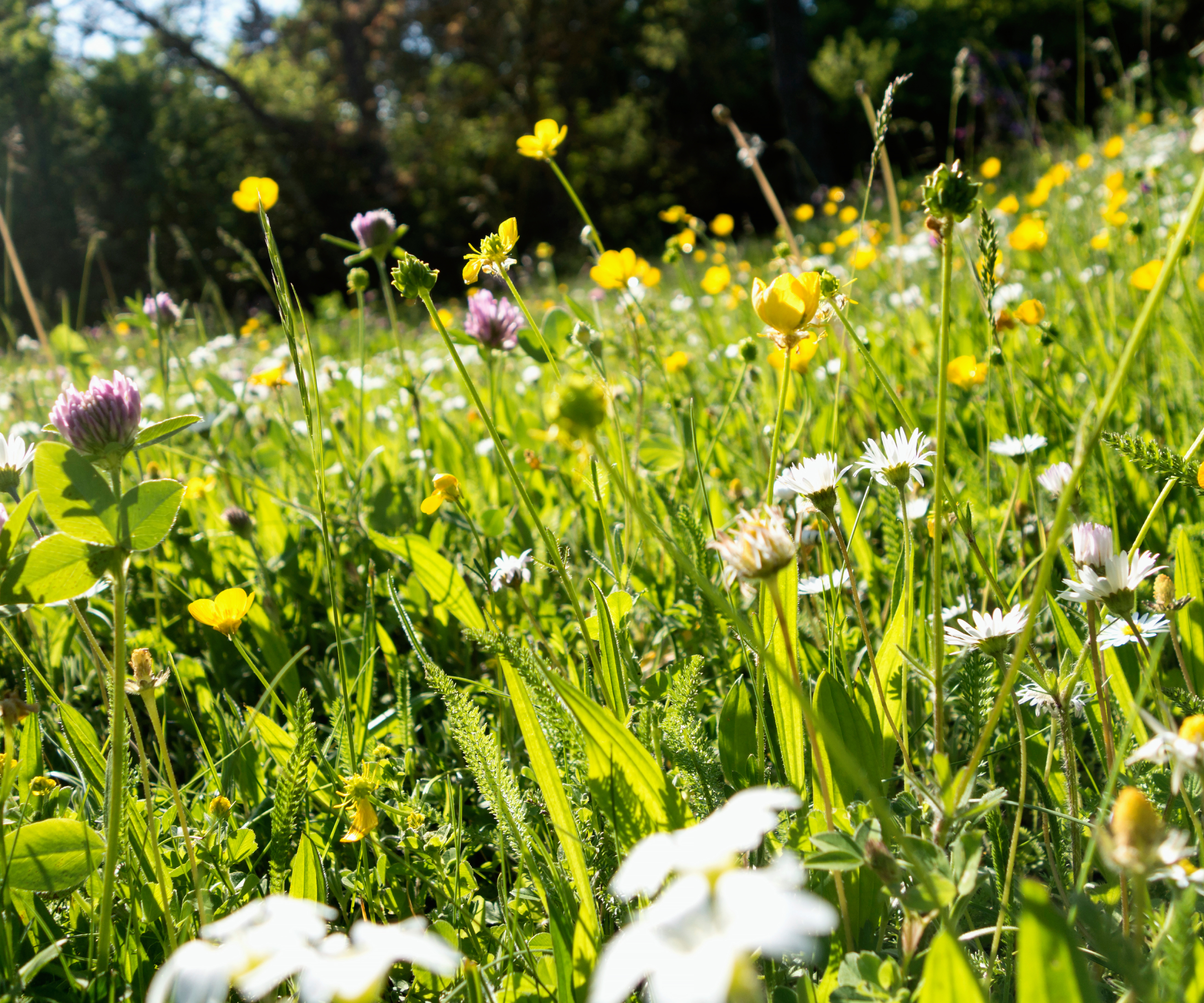
Native perennials and wildflowers, like black-eyed Susan, coneflower, milkweed, and native sunflowers, have long been popular in cottage garden-style beds. Native wildflowers and plants are trending both because they are attractive and easy to grow and because most gardeners are interested in sustainability.
For a new way to use these native species, consider turning some of your turf grass into native meadow lawn. Depending on where you live, this might be tricky due to neighborhood or city regulations. However, even where there are restrictions, you should be able to convert some of your turn into an attractive and modern meadow that attracts native insects, birds, and pollinators.
More Inspiration
- Want some plants that are even more old-fashioned? Check out these 6 ancient crops you can grow in your garden to connect to the distant past!
- Interested in new versions of a garden classic? Shop more than 20 varieties of roses in the Gardening Know How Shop! There are plenty to suit any style of garden.
- Get energized by beautiful blooms by visiting these 10 fabulous flower festivals around the U.S. this spring and summer.
- Sign up for our free Gardening Know How Newsletter for more creative design ideas delivered right to your inbox.
This article features products available from third party vendors on the Gardening Know How Shop. Keep in mind that our plant inventory is limited - so if you’re thinking of purchasing, don’t wait!

Mary Ellen Ellis has been gardening for over 20 years. With degrees in Chemistry and Biology, Mary Ellen's specialties are flowers, native plants, and herbs.
-
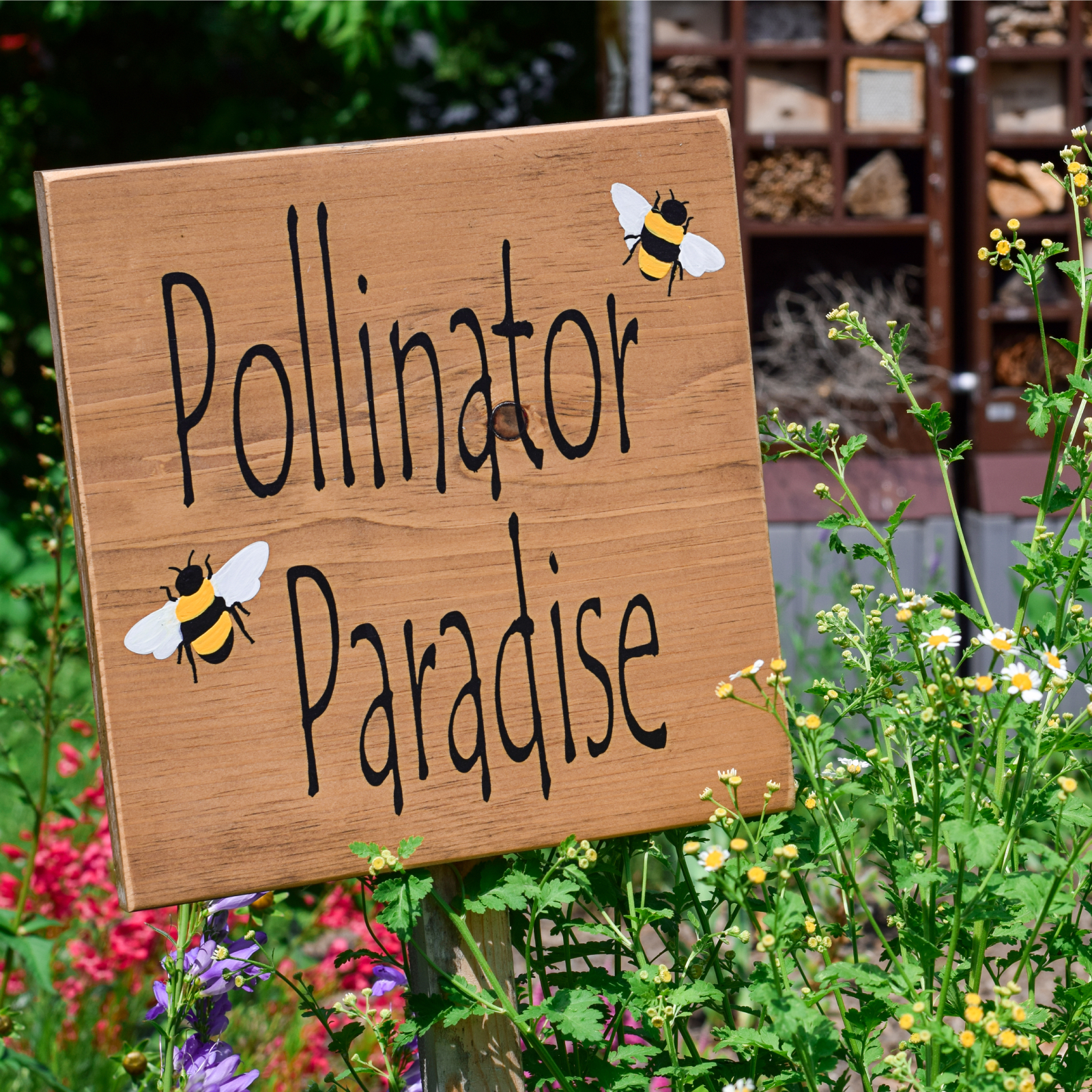 What Is A Pollinator Garden? Grow Gorgeous Blooms While Benefiting Your Local Ecosystem
What Is A Pollinator Garden? Grow Gorgeous Blooms While Benefiting Your Local EcosystemPollinator gardens look great and also provide a diverse ecosystem that benefits your local pollinating insects and animals. Get started today with this guide!
By Bonnie L. Grant
-
 5 Tough Urban Trees That Thrive In Cities – Top Picks For Urban & Suburban Landscapes
5 Tough Urban Trees That Thrive In Cities – Top Picks For Urban & Suburban LandscapesExplore the best urban trees that will add value to even the most challenging of landscapes. Get growing with these ideas and enjoy all the benefits of trees.
By Teo Spengler